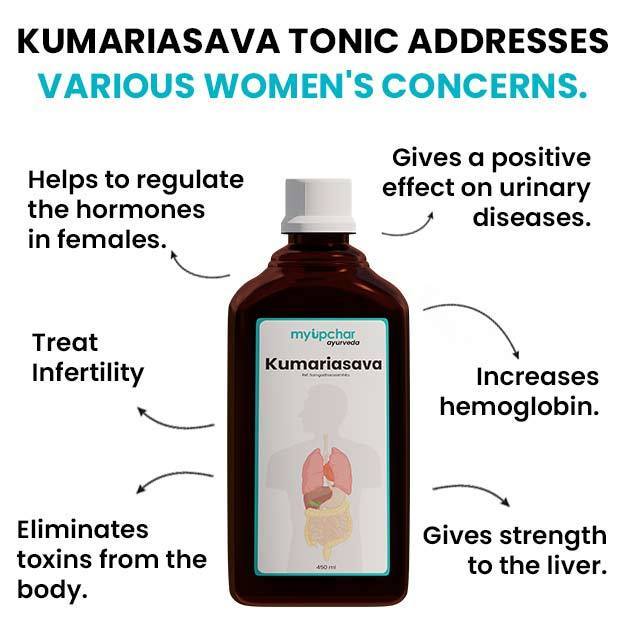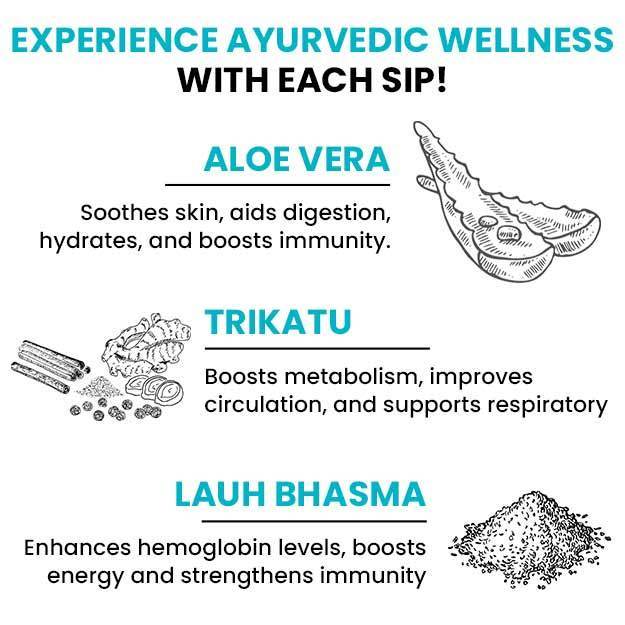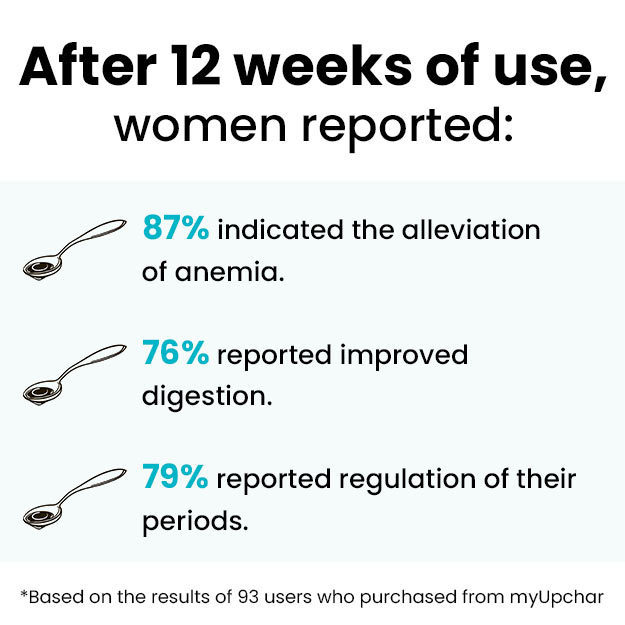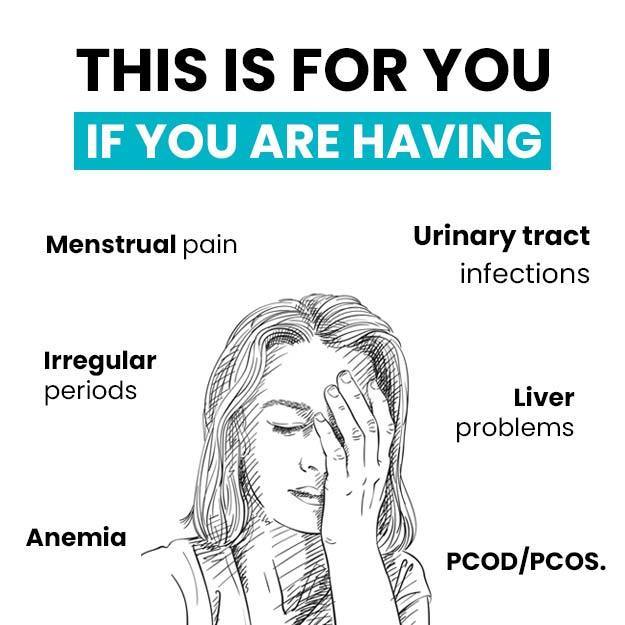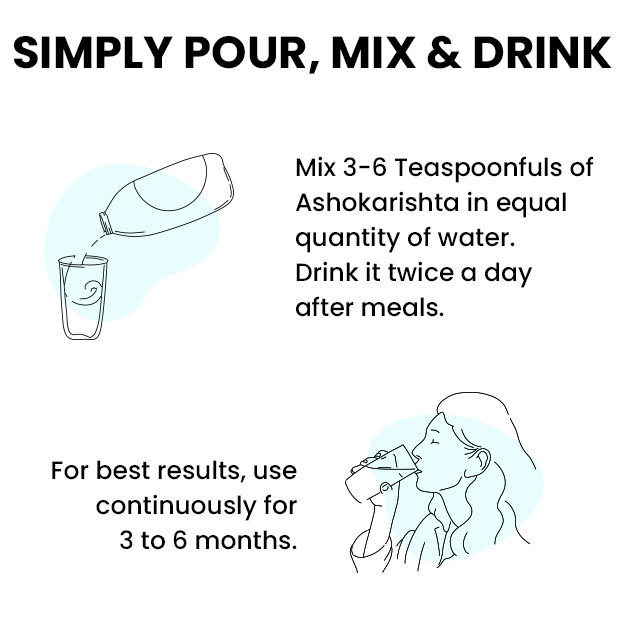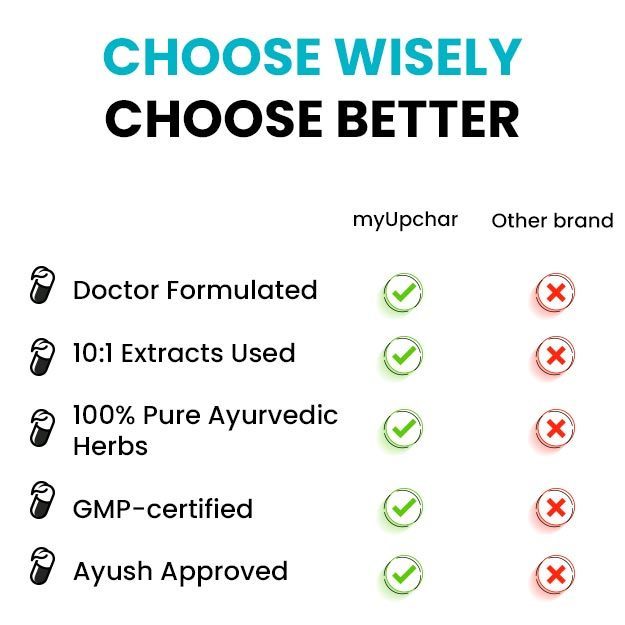What is Amphetamine Screening (Urine) test?
Amphetamine screening urine test is performed to check the presence of a class of drugs - amphetamine - in the urine of a person. This test is usually ordered to check for amphetamine abuse or overdose.
Amphetamines are a type of CNS (Central nervous system) stimulants that are sometimes prescribed for those with attention deficit hyperactivity disorder, narcolepsy and depression. They improve alertness and mental focus and help manage the symptoms of the above-mentioned conditions.
However, amphetamines such as phentermine and methamphetamine (commonly referred to as ‘meth’) are illegally abused for the high they produce. People who abuse this drug tend to be delusional, paranoid and have hallucinations. Amphetamine drug abuse can also lead to severe problems like stroke, convulsions, tooth decay and heart disease.


















